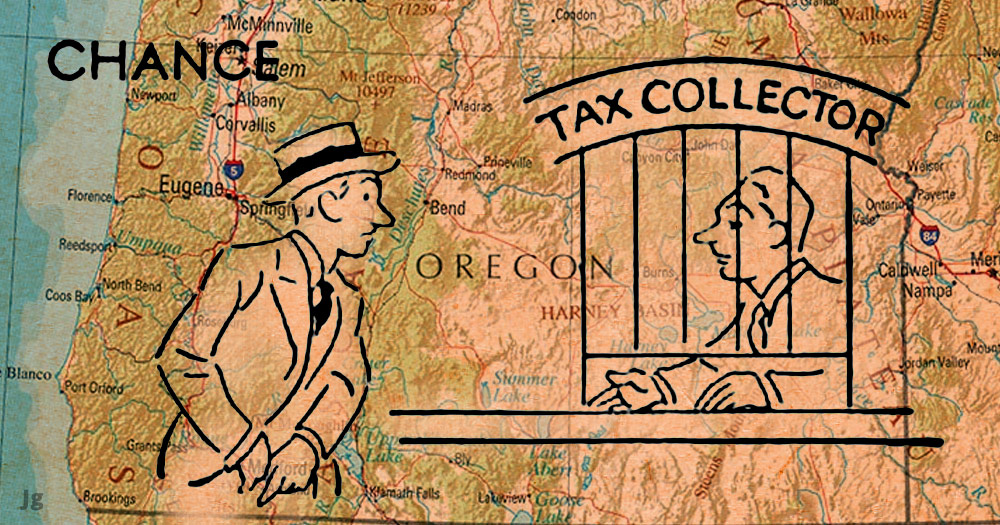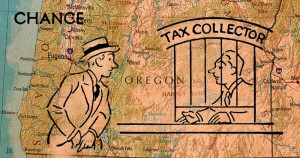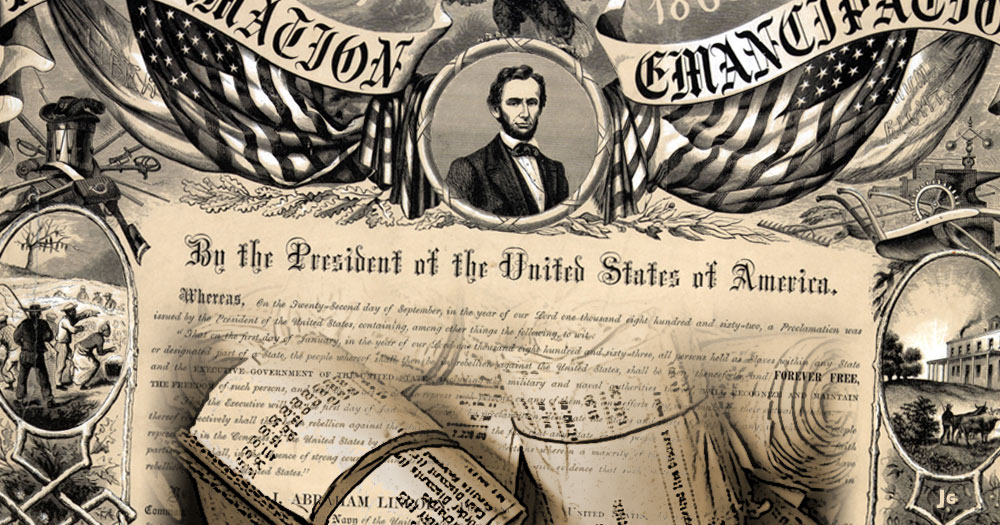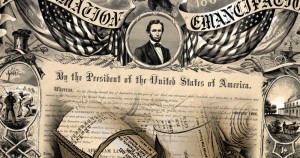In Common Sense, his incredible hit pamphlet of 1776, Tom Paine appealed to “the inhabitants of America”:
O ye that love mankind! . . . Every spot of the old world is overrun with oppression. Freedom hath been hunted round the globe. Asia, and Africa, have long expelled her. Europe regards her like a stranger,and England hath given her warning to depart. O! receive the fugitive, and prepare in time an asylum for mankind.
Today . . . well, our country might be mistaken for an asylum. Just not the type envisioned by Mr. Paine
Worse still, freedom in America is under consistent attack.
Following the Orlando terrorist massacre (and don’t forget, “hate crime”), who could be surprised at yet another rush to infringe on Second Amendment rights by legislation? But I must admit I was still naïve enough to be shocked that not a thought was given to making our Fifth Amendment rights to due process so much collateral damage.
Secretly writing names on a classified list, whether you call it a “no-fly list” or the “terrorist watch list,” and using merely that to bureaucratically deny citizens fundamental rights (“top ten” rights, as in No. 2 and No. 5 in the Bill of) is no process of law at all.
Who could so cavalierly toss away the very bedrock of our freedom? It’s as if our so-called representatives don’t give a hoot about our rights.
Common Sense readers are well aware that two years ago every Democrat in the U.S. Senate voted to repeal the key freedom of speech provision of the First Amendment. The goal was to completely reverse the current wording of “Congress shall make no law” with new wording that incumbent legislators in “Congress and the States may regulate . . . the raising and spending of money by candidates and others to influence elections.”
The amendment didn’t pass. Thankfully. But, frighteningly, it continues to be promoted. Presidential candidate Hillary Clinton has endorsed it. Most folks are ignorant about the extremism of the approach, because the media reports mainly that the amendment reverses Citizens United, something the amendment actually doesn’t do.
The amendment simply awards Congress so much power that the highly-disapproved body could do almost anything.
Most people also don’t realize that the Citizens United case was about the Federal Election Commission (FEC) censoring advertising for a movie about Hillary Clinton, produced by a non-profit corporation.
Speaking of government censorship of the press, the FEC had been threatening Fox News with major fines for making corporate contributions to 17 GOP presidential candidates. What happened? The cable news channel decided to expand from a single debate featuring 10 candidates to two debates with the earlier “undercard” debate featuring an additional 7 candidates. A candidate not chosen to be one of the 17 candidates filed a complaint against Fox, alleging it amounted to an illegal contribution to all 17 candidates.
The FEC recently closed the case without beating up the disfavored news channel only because three Republican commissioners blocked three Democrats. The case should not only be closed, it should never have been brought in the first place. We don’t want our government dictating to the media about political debate coverage.
Or anything else.
And how can major federal agencies provide equal protection to all citizens, when they are staffed according to political party to provide protection for Republicans and Democrats? More of us are independents than either Rs or Ds.
The war against political participation isn’t confined to Washington. I know from my ordeal in Oklahoma nearly a decade ago, when for assisting initiative petition campaigns for a spending cap and eminent domain reform, I was charged with conspiracy to defraud the state and threatened with ten years in prison . . . until a year and a half later when, without ever completing even a preliminary court hearing, the charge was dismissed.
I’ve seen Eric O’Keefe and other brave citizens in Wisconsin endure dawn SWAT-style police raids for the awful crime of campaigning in favor of government policies they support.
And, of course, how can we forget that no one has been held in any way accountable for the years that the IRS blocked the formation of Tea Party and conservative and libertarian groups?
This country is in trouble.
In addition to the assaults on our rights, especially the right to participate politically, there is the dysfunction at all levels of government. Among the big national problems of massive debt and constant war, we find smaller local issues that signal a deeper, bigger problem.
Common Sense has long covered the school kid suspended for drawing a gun or eating one’s PB&J sandwich into a pistol or the school that photo-shopped out the musket from their Minuteman mascot. This last year we followed many of the twists and turns to the story of the Meitivs, the Maryland family that dared allow their two children, ten and six years of age, to walk home from a public park. The children were obviously well cared for, but nonetheless they were picked up and held by police several times and the parents were long threatened with losing their kids.
It took over a year for the authoritarians with Child Protective Services to agree that kids walking home from a park in broad daylight did not constitute prima facie evidence of child abuse or neglect. And to agree to leave the poor Meitiv family alone.
Common Sense has also highlighted the racketeering being done by police forces federal, state and local through what’s known as civil asset forfeiture — again, a complete denial of basic rights. Under current law — or more correctly, lawlessness — police can take people’s property and money when detaining them and then keep it, even if the person is never convicted of a crime, or even charged.
This suspension of the fundamental concept of “innocent until proven guilty” must not stand.
But who is going to stop it? Not just this one outrageous rip-off, but the whole societal slide to a system where individuals have no rights, especially if they lost the last election, and government makes more and more of our decisions for us.
Hillary Clinton?
Donald Trump?
Your state’s legislators? Your city council? Your congressman?
You and I must stop the erosion of our liberties. We have the tools — especially with state and local ballot initiatives available to most of us, allowing us to seize the agenda at the time and on the issue(s) of our choosing.
Liberty Initiative Fund works with Liberty Initiators across the country to hold government accountable, fight crony capitalism and protect our liberties through state and local ballot initiatives. Contributions are not tax deductible, but pack a powerful punch for liberty.
Citizens in Charge and Citizens in Charge Foundation protect the critical initiative and referendum process, so citizen activists can reform government and limit power. Donations to Citizens in Charge Foundation are fully tax-deductible.
The Foundation also supports Common Sense, which I offer the modern inhabitants of America to help keep us focused on the most important problems we face, with intermittent seriousness and humor, as well as uniting active allies from across the country, each pursuing their own issues in their own communities.
Today, I’ll enjoy being with the people I love and I’ll take some time to celebrate the birthright of freedom forged for you and me 240 years ago.
But I won’t pretend that freedom will be there for me or for mine unless together we forge our future freedom anew.
This is Common Sense. I’m Paul Jacob.
Printable PDF












